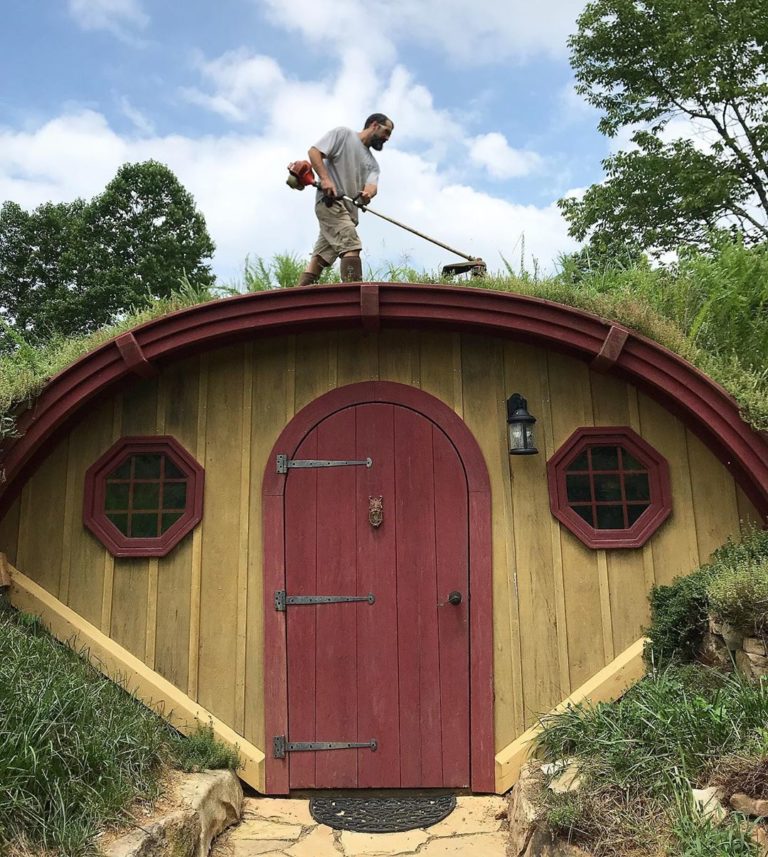Five Common Landlord-Tenant Disputes and How to Resolve Them
There’s nothing more exciting than moving into a new rental and turning that new space into a home, an office, or a place of business. Many people assume that, once they sign on the dotted line and are handed the keys, they will never have to deal with the landlord again. The truth is that a tenant will deal with the landlord on a continuing basis throughout the length of the lease and disputes may happen. Keep things going smoothly by understanding five common landlord-tenant disputes and how to resolve them.

What Date is the Rent Due?
Rent is basically the landlord’s paycheck. Just as an employee expects their paycheck to be on time, a landlord expects the same. When a tenant doesn’t pay, the landlord may not be able to pay the taxes, fees, and upkeep costs associated with the rental. As a tenant, understand the payment due date and the fees associated with late payment, non-payment, and returned checks. Always make sure to get this information in writing, preferably in the lease. If it’s after the fact and an issue has arisen, the services at Kelly Legal Group may be needed to help turn the situation.

Who is Responsible for Taxes and Fees?
Just as the payment due date needs to be in writing, who is responsible for property taxes, fees, and any homeowner association costs should also be included in the lease. If a tenant believes the landlord is paying those costs and the landlord says the tenant is responsible, the tenant could wind up with a surprising bill. Coming to an agreement beforehand, preferably when the lease is being written, can prevent a nasty argument later on. Some states have rules regarding who pays these fees, which can help settle this type of dispute if it comes up after the lease has been signed.

When Did the Damage Happen?
Another common issue is property damage. Many times, at the end of a lease, the landlord will try to withhold part of the deposit due to property damage. A way that a renter can prove they didn’t cause damage is to photograph the property before they move in and after they move out. Photographs can prove the damage was present upon move-in or there was no damage when the renter moved out.
What are the Local Community Codes?
Many renters find themselves in hot water and paying fines for not understanding local and community codes. Before throwing a loud party or placing a load of large trash on the curb, make sure the community codes are being followed. If the property owner is fined due to the actions of the renter, those fines will likely be passed along to the renter. If it’s after the fact, and the damage has been done, the best thing a renter can do is pay the fine and research local codes to prevent further issues.

Landlord Tenant Disputes When There Is No Way Back : What about an Eviction Notice?
An eviction notice is the last thing a renter wants to receive. Eviction is a legal process that can force a renter to move out of the space permanently. This often happens due to non-payment of rent or one of the disputes above not being settled. If a renter finds themselves being evicted and they want to stay on the property, they may need the services of an attorney. Each state has different rules and regulations regarding eviction, and an experienced legal team can mean the difference between being forced out and being allowed to stay and finish out the lease term.
Many disputes can be prevented by having a detailed lease. A good lease clearly states which party is responsible for what, the rent amount, the rent due date, and any fees or fines that could arise. Take photos when applicable and be sure to save any written communications regarding the issue. If conversations happen verbally, write down the date and time of the conversation as well as what was discussed. Hopefully, any issues that arise are quickly handled, but it’s a good idea to keep all documentation in case the issue goes to court.






